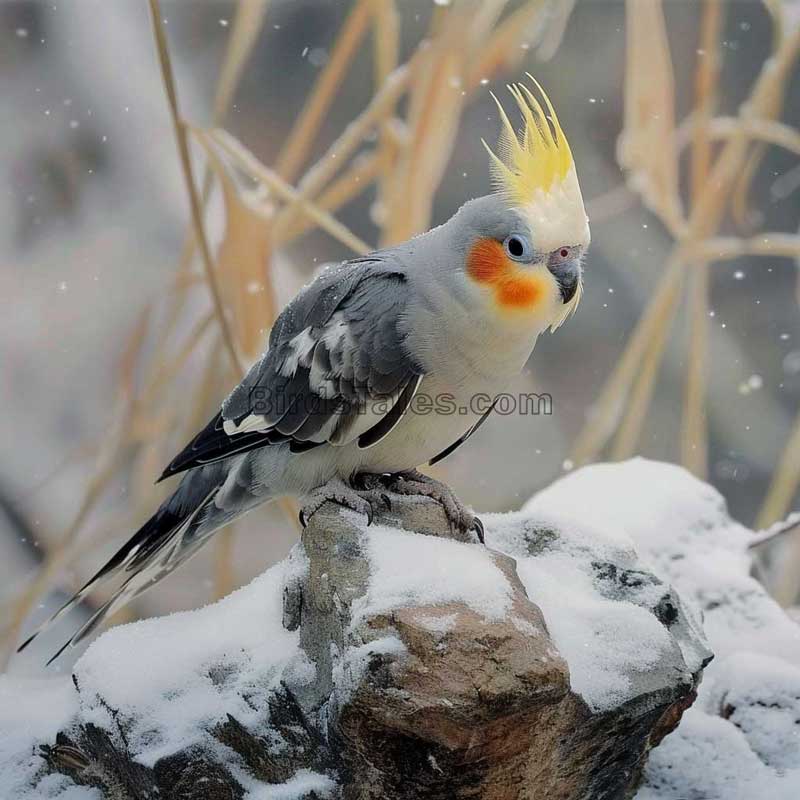Identifying Reasons for Shaking
Birds shake for a variety of reasons, from the temperature of their environment to their emotional state.
Understanding these triggers can help us respond better to their needs.
Temperature Fluctuations
Birds are vulnerable to temperature changes.
For instance, last winter, I noticed my parakeet shivering.
The room thermometer read a chilly 66°F.
After increasing the room temperature her shivering stopped within an hour.
Similarly, during a summer heatwave, my parrot began to lift his feathers and shake.
Placing a fan near his cage and ensuring plenty of water helped him cool down.
Keeping their environment stable is crucial.
Use thermometers and adjust room temperatures as needed.
Stress and Anxiety
Stress from environmental changes or loud noises can lead birds to shake.
I remember when I first moved my canary’s cage next to a window.
The noise from traffic made him visibly anxious, shaking more than usual.
After moving his cage to a quieter part of the room, he calmed down significantly.
To reduce stress:
- Keep the environment calm and consistent.
- Introduce new pets or changes gradually.
Health Issues
Shaking can also signal health problems.
Last month, client bird started trembling more noticeably.
Accompanied by fluffed-up feathers and less chirping, it was clear something was off.
They brought her to me and I confirmed a mild infection, treatable with medication.
How to Respond to Your Shaking Bird
Here’s what you can do if you notice your bird shaking:
Adjusting the Habitat
Ensuring your bird’s comfort involves:
- Temperature Control: Keep the cage away from direct sunlight, drafts, and fluctuating temperatures.
- Reducing Stress: Maintain a peaceful and quiet habitat, limiting loud disturbances.
Monitoring and Observation
Keep a close eye on your bird for any behavior changes.
Note their eating, sleeping patterns, and general activity.
These signs can indicate when further action is necessary.
Seeking Veterinary Care
If shaking continues or other symptoms appear, consult a vet.
Be prepared to describe:
- The onset of the shaking
- Any environmental changes
- Accompanying symptoms
Conclusion
Stay alert to the reasons behind your bird’s shaking and proactive in managing their environment.
When in doubt, professional advice can make a crucial difference in ensuring your bird’s health and happiness.
